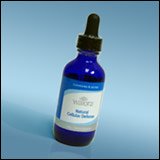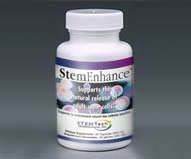
STIMULANT USE LINKED TO SUDDEN DEATH IN PEDIATRIC PATIENTS
Medscape Psychiatry & Mental Health, 2009-07-02
Robert L. Findling, MD, 07/02/2009, from the article: Gould MS, Walsh BT, Munfakh JL, et al. "Sudden death and use of stimulant medications in youths" Am J Psychiatry Jun 15, 2009.
Quotes from the original study published in the American Journal of Psychiatry:
"A significant association of stimulant use [primarily methylphenidate (Ritalin)] with sudden unexplained death emerged from the primary analysis...This case-control study provides support for an association between the use of stimulants and sudden unexplained death among children and adolescents."
[Editorial Comment: We think that giving a child Ritalin is like playing Russian Roulette with the gun pointed at your child's head.]
Recognize that the real problem is that psychiatrists fraudulently diagnose life's problems as an "illness", and stigmatize unwanted behavior as a "disease." Psychiatry's stigmatizing labels, programs and treatments are harmful junk science; their diagnoses of "mental disorders" are a hoax - unscientific, fraudulent and harmful. All psychiatric treatments, not just psychiatric drugs, are dangerous. Watch the video by clicking on the Making A Killing link below.
MAKING A KILLING VIDEO.
They invent the problem. They develop the product. And sell it for billions. The perfect formula for making a killing ... literally.
Brutally factual, this 90-minute documentary exposes the greatest financial con this planet has ever seen. The facts are hard to believe, but fatal to ignore.
--------------------------------------------------------------------------------
MedWatch is your source for timely safety information on drugs regulated by the U.S. Food and Drug Administration, and for reporting adverse reactions (side effects.)
MedWatch is the U.S. Food and Drug Administration's (FDA) program for reporting serious reactions, product quality problems and product use errors with human medical products, such as drugs and medical devices.
If you think you or someone in your family has experienced a serious reaction to a medical product or drug, you can take the reporting form to your doctor (who is not required to report adverse reactions) or you may complete the Online Reporting Form yourself via the internet.













